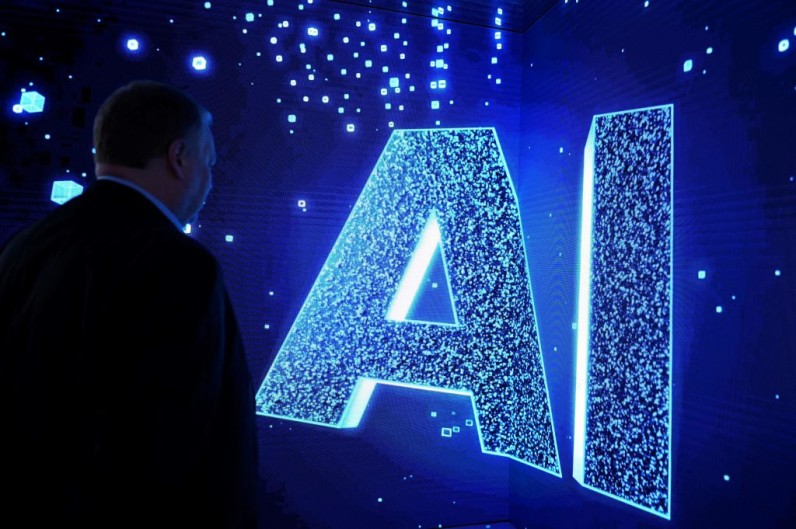
Representative Adam Schiff (D-Calif.) has put forth a significant piece of legislation that aims to enhance transparency in companies' use of copyrighted material for training their generative AI models.
A bill, known as the Generative AI Copyright Disclosure Act, aims to enforce a mandatory notice submission to the Register of Copyrights before the launch of any new generative AI system.
Generative AI Copyright Disclosure Act Aims Transparency Between Creators, Companies
This notice would pertain specifically to the copyrighted works that were used in the creation or modification of the training dataset for said system.
The bill's provisions would also have a retrospective effect on generative AI systems that have been released in the past.
According to the proposed law, companies would be required to submit these documents at least 30 days before the public release of their AI tools, or else they would be subject to a financial penalty. These datasets contain an immense amount of text, images, music, and movies.
The question of whether major artificial intelligence companies worth billions have engaged in illegal use of copyrighted works is becoming a subject of litigation and government investigation.
The proposed legislation by Schiff does not aim to prohibit AI from being trained on copyrighted material. However, it does place a significant responsibility on companies to disclose the extensive range of works they use to develop tools like ChatGPT, which is typically kept confidential.
READ NEXT : Nebraska Single Dad Only Wants To Buy Salad Leaves Store With Winning $1 Million Mega Millions Ticket
Entertainment Industry Expresses Concern About Generative AI Tools
According to Billboard, a bill introduced by Schiff has gained support from various organizations and unions in the entertainment industry, including the Recording Industry Association of America, Professional Photographers of America, Directors Guild of America, and the Screen Actors Guild-American Federation of Television and Radio Artists.
Several lawsuits have been filed against popular artificial intelligence companies like OpenAI, accusing them of using copyrighted materials in the development of tools like ChatGPT.
Both Sarah Silverman and the New York Times have taken legal action against the startup, alleging copyright infringement. OpenAI has recently brought on an array of highly skilled legal professionals, as reported by the Washington Post. This move comes as the company prepares to confront numerous significant legal challenges.
As generative AI companies continue to enhance their tools, there has been a growing concern among entertainment industry workers regarding the technology and its impact on artists' rights.
Last week, a collective of more than 200 renowned musical artists released an open letter advocating for stronger protections against AI and urging companies to refrain from creating tools that could jeopardize or replace musicians and songwriters.







Join the Conversation